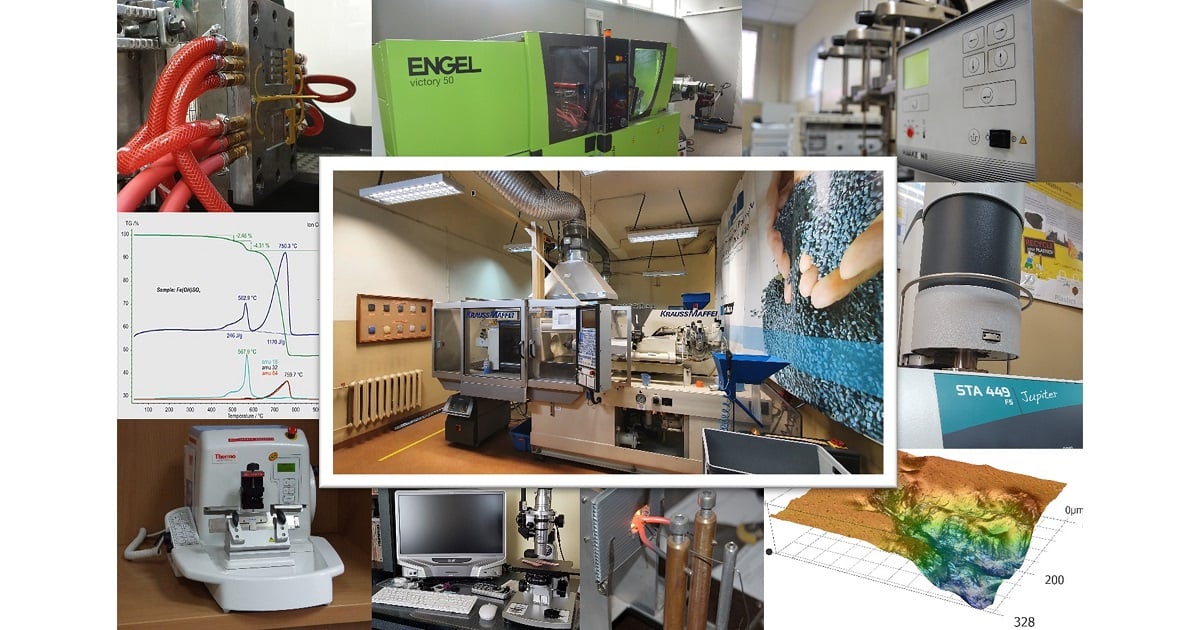- 3.2Impact Factor
- 6.4CiteScore
- 16 daysTime to First Decision
Polymers and Plastic Waste: Properties, Mechanics, Chemical and Thermal Recycling
This special issue belongs to the section “Polymeric Materials“.
Special Issue Information
Dear Colleagues,
The aim of this Special Issue is to present research papers that focus on the characteristics and thermomechanical processes of polymers and their modifications. Recognizing the role of different modifiers in polymers is crucial for developing new materials and enhancing existing ones. Progress in the engineering of polymer materials, particularly in the quest for innovative polymers with tailored properties, has broadened their application scope, especially in automotive, construction, energy, packaging, and healthcare sectors. The effective use of new polymer materials necessitates an understanding of their mechanical and thermal properties, as well as awareness of how these properties change during use and degradation. Environmental considerations are also significant, encompassing the pyrolysis and combustion of polymers, the thermal recovery of energy from polymer waste, and other applications of recycled polymer materials. It is essential to carry out model studies on the property changes in polymer materials and to employ computer simulations to analyze the exploitation and thermal behavior of polymers.
Dr. Adam Gnatowski
Prof. Dr. Agnieszka Kijo-Kleczkowska
Guest Editors
Manuscript Submission Information
Manuscripts should be submitted online at www.mdpi.com by registering and logging in to this website. Once you are registered, click here to go to the submission form. Manuscripts can be submitted until the deadline. All submissions that pass pre-check are peer-reviewed. Accepted papers will be published continuously in the journal (as soon as accepted) and will be listed together on the special issue website. Research articles, review articles as well as short communications are invited. For planned papers, a title and short abstract (about 250 words) can be sent to the Editorial Office for assessment.
Submitted manuscripts should not have been published previously, nor be under consideration for publication elsewhere (except conference proceedings papers). All manuscripts are thoroughly refereed through a single-blind peer-review process. A guide for authors and other relevant information for submission of manuscripts is available on the Instructions for Authors page. Materials is an international peer-reviewed open access semimonthly journal published by MDPI.
Please visit the Instructions for Authors page before submitting a manuscript. The Article Processing Charge (APC) for publication in this open access journal is 2600 CHF (Swiss Francs). Submitted papers should be well formatted and use good English. Authors may use MDPI's English editing service prior to publication or during author revisions.
Keywords
- thermomechanical properties of polymers and composites
- structure of polymeric materials
- combustion and pyrolysis of polymeric materials
- recycling of polymeric materials
- co-combustion and co-pyrolysis of polymeric materials with fuels and waste
- thermal analysis of polymers and composites
- TG/DTG
- DTA
- DSC
- QMS
- modeling and computer simulation of polymeric materials’ property changes

Benefits of Publishing in a Special Issue
- Ease of navigation: Grouping papers by topic helps scholars navigate broad scope journals more efficiently.
- Greater discoverability: Special Issues support the reach and impact of scientific research. Articles in Special Issues are more discoverable and cited more frequently.
- Expansion of research network: Special Issues facilitate connections among authors, fostering scientific collaborations.
- External promotion: Articles in Special Issues are often promoted through the journal's social media, increasing their visibility.
- e-Book format: Special Issues with more than 10 articles can be published as dedicated e-books, ensuring wide and rapid dissemination.

